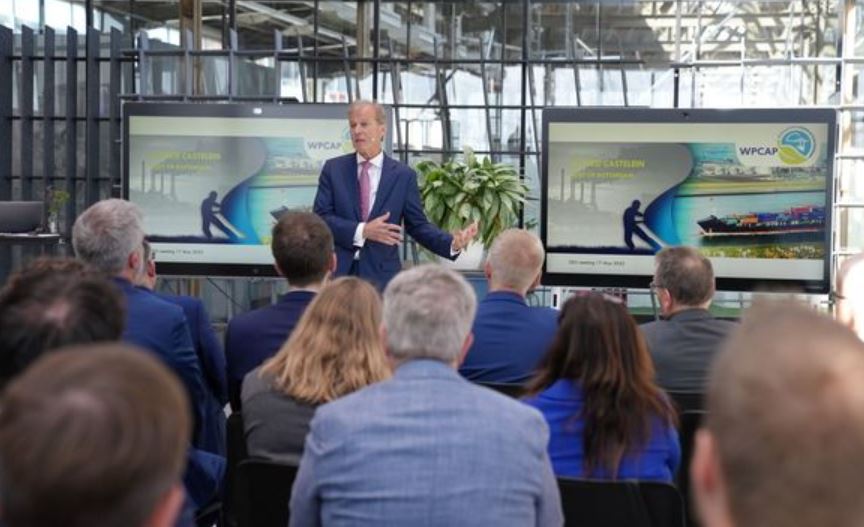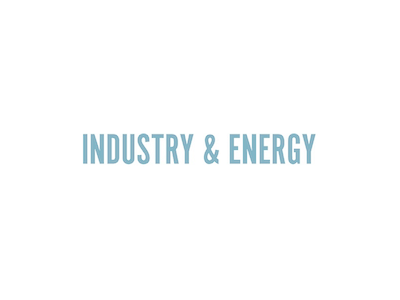The Netherlands – In a significant move to combat climate change in the shipping industry, the World Port Climate Action Program (WPCAP) is extending its efforts, with a renewed focus on shore power, new fuels, and green shipping corridors.
The decision was made during a meeting in Rotterdam, where CEOs and leaders of 12 leading ports gathered to celebrate the program’s five-year anniversary and acknowledge its pivotal role in driving sustainability standards within the maritime sector.
The CEO of the Port of Rotterdam, Allard Castelein, highlighted the changing global landscape and the growing importance of climate issues in the shipping industry. Castelein acknowledged the instrumental role played by programs like WPCAP and stressed the continued need for port leadership to drive real change and create momentum towards sustainable solutions.
Shore power
One of the key achievements of WPCAP has been the accelerated adoption of shore power at ports, resulting in reduced emissions of CO2 and pollutants during vessel berthing. Through collaborative efforts, WPCAP members have developed a comprehensive global overview of existing shore power facilities and established best practice guidelines for their implementation. In a memorandum of understanding (MoU), ports in Northwest Europe committed to the expedited adoption of shore power.
Jarl Schoemaker, a representative of WPCAP, highlighted the shift from isolated projects to large-scale investment programs, citing the ports present at the meeting in Rotterdam, which collectively plan over 160 connection points with a total investment exceeding 500 million euros. However, Schoemaker also pointed out that several global ports still lag behind in adopting shore power, despite studies showing its significant positive impact in the short and long term.
The CEOs emphasized the numerous benefits of shore power, including improved air quality and better working conditions for shipping crews. They also discussed the importance of involving terminals and shipping lines in promoting its wider adoption.
A recent study conducted by CE Delft for the WPCAP working group indicated that shore power will play a vital role in the long-term maritime fuel mix, particularly as ships transition to expensive fossil-free fuels. The working group aims to promote the global implementation of shore power within the maritime shipping industry.
Clean fuels
In addition to shore power, the WPCAP will focus on facilitating the bunkering and adoption of cleaner fuels. Collaborating with the IAPH Clean Marine Fuels working group, the ports have developed a Port Readiness Framework. This self-assessment and communications tool allows stakeholders to assess the research, development, and deployment levels of new fuels at ports worldwide. The framework aims to expedite the deployment of ammonia, methanol, hydrogen, and other clean fuels, considering the urgency of the climate crisis and shipping’s commitments to emissions reduction.
Furthermore, green corridor initiatives will play a crucial role in facilitating the practical deployment of fuels, particularly on longer international shipping routes. The CEOs emphasized the need for action and collaboration among ports to engage fuel suppliers and shippers, aiming to witness the operation of sustainable vessels on these routes within the next few years.
Recognizing the importance of regional leadership and cooperation, the CEOs called for coalitions of willing ports to set standards and lead the way in developing regulations that enable the sustainable growth of the shipping industry on a level playing field. They also emphasized the need for a just transition, ensuring that opportunities in renewable energy sources and fuels are accessible to regions across the globe, particularly in the southern hemisphere. Cooperation between global ports, the International Association of Ports and Harbors (IAPH), and other industry leaders will be instrumental in achieving these goals.





